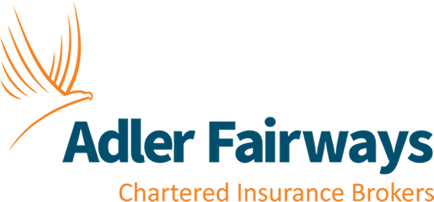According to the mental health charity Mind, one in four people experience a mental health problem of some kind each year. Despite the prevalence of illnesses and increasing recognition of mental health as a critical component of overall well-being, stigma remains a significant barrier to receiving treatment and support. The fear of judgement and discrimination often prevents individuals from seeking help.
Half of the UK population believes there is still a ”great deal” or a ”fair” amount of shame associated with mental health condition, according to a Mind.
It’s imperative to raise awareness and educate others about mental health to combat stigma and create a more compassionate and supportive society.
Here are some tips for reducing the stigma associated with mental health:
- Educate yourself and others
Understanding the complexity of mental illness, including substance use disorders, can help dispel misconceptions. Take the time to learn about mental health conditions, symptoms and treatments. - Talk openly
Break the silence surrounding mental health by initiating open and honest conversations with friends, family and colleagues. By sharing personal experiences or listening without judgement, you can create a safe space for others. - Choose your words carefully
Avoid stigmatising words and use person-first language emphasising the individual, not their condition. - Encourage equality between physical and mental health conditions
Mental illness is a medical condition, so it should be treated just like a physical ailment. - Speak up
If you suspect someone is struggling with their mental health, send them messages of support or help them get on the path to treatment.
By taking proactive steps to reduce mental health stigma, you can help create an inclusive and supportive environment where everyone feels empowered to seek help. Together, it’s possible to break down the barriers that stand in the way of healing and acceptance.
Group insurance policies can include mental health support such as Employee Assistance Programmes (EAPs), access to online GPs and various types of counselling. If you have any policies in place and would like to understand them further, or would like a review of the cover you have, please reach out to our specialist health & wellbeing team or email healthandwellbeing@adlerfairways.co.uk.
Credit: Zywave


